Sadr’s Dark Warning
The militia leader's threat of an "open war" between his supporters and the U.S.-backed Iraqi government has ratcheted up tensions in Basra and Baghdad. [In this analysis, columnist Patrick Cockburn of The Independent looks into the current situation in light of Sadr's history with Iraqi Prime Minister Nouri al-Maliki.]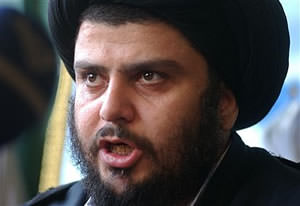
Originally published in The Independent.
Iraqi government forces, with U.S. and British support, have moved into the Mehdi Army stronghold in Basra and have surrounded its main bastion in Baghdad as the Shia militia’s leader Muqtada al-Sadr threatened “open war”.
The Iraqi army, supported by U.S. air strikes and British artillery, was able to advance into Basra against little resistance while there is still heavy fighting around Sadr City, a vast impoverished quarter of Baghdad in which some two million people are living.
“I’m giving the last warning and the last word to the Iraqi government,” said Mr. Sadr. “Either it comes to its senses and takes the path of peace … or it will be [seen as] the same as the previous government [of Saddam Hussein].”
The Sadrists see the attack on them as orchestrated by the Badr Organisation, the powerful Shia militia which is allied to the government and many of whose men have joined the Iraqi army and security services. “If they don’t come to their senses and curb the infiltrated militias, we will declare an open war until liberation,” Mr. Sadr said.
Mr. Sadr has tried for the past four years to avoid an open military confrontation with Iraqi government forces when backed by United States firepower.
In Basra, the Mehdi Army has been able to hold off the Iraqi army in gun battles but has then retreated. But there is no sign so far of the militia being eliminated and it could probably launch devastating counter attacks in the slum districts where its supporters live.
Mr. Sadr called a six-month ceasefire last August, renewed it in February and called his militiamen off the streets when they seemed to be winning during fighting at the end of March.
Many of his militiamen are impatient to renew their battle with the Iraqi army and the Americans. In Sadr City, one Mehdi Army commander said on Saturday night that he was “thrilled” by Mr. Sadr’s threat to go back to war. “We will wait until tomorrow to see the response of the government,” he said. “Otherwise they will see black days like they have never seen before in their life.”
The Iraqi Prime Minister, Nouri al-Maliki, sounds confident that he can win a confrontation with the Sadrists since he is backed by the U.S., the main Sunni party and the Kurds, all of whom have doubted his leadership in the past. Iran has also openly supported his offensive in Basra while criticising the American air assault on Sadr City.
In the past, Mr. Maliki has often been over-confident of his ability to act without American military support. He became prime minister thanks to Mr. Sadr’s support but this was withdrawn when Mr. Maliki failed to set a timetable for an American withdrawal.
The U.S. has long encouraged the Iraqi government to crush the Sadrists but seems to have been caught by surprise by current events in which the U.S. finds itself fighting a war on two fronts: one against the Sunni Arabs, which it has waged since 2003, and now a second, which is just beginning, against the Shia.
Your support matters…Independent journalism is under threat and overshadowed by heavily funded mainstream media.
You can help level the playing field. Become a member.
Your tax-deductible contribution keeps us digging beneath the headlines to give you thought-provoking, investigative reporting and analysis that unearths what's really happening- without compromise.
Give today to support our courageous, independent journalists.
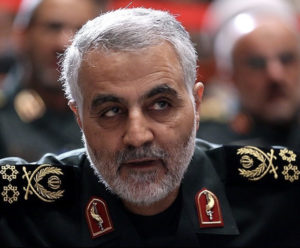

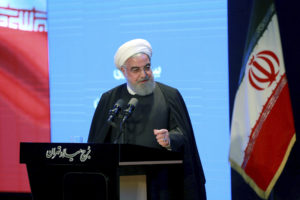

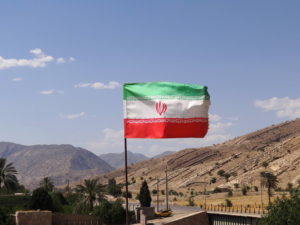
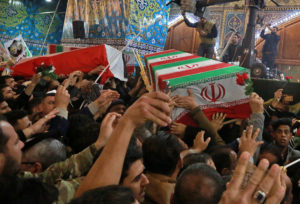
You need to be a supporter to comment.
There are currently no responses to this article.
Be the first to respond.